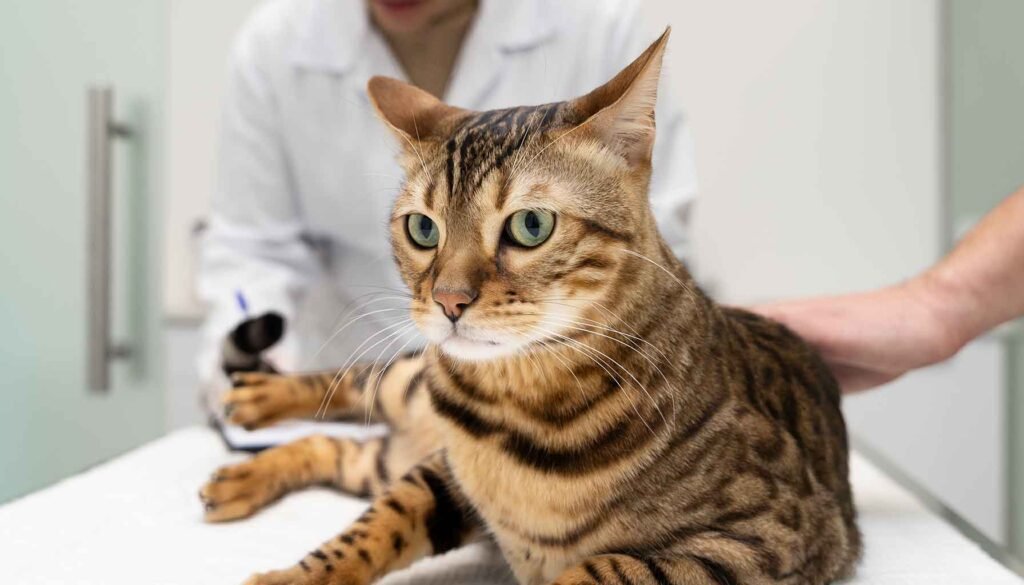
Key Takeaways
- Confirmed Case: Deschutes County, Oregon, reports its first bubonic plague case since 2015.
- Source of Infection: Likely transmitted from the patient’s pet cat.
- Community Response: Close contacts provided preventive medication, no further cases reported.
Deschutes County, Oregon, recently confirmed a rare case of human plague, marking the state’s first reported instance since 2015. Health officials believe the individual contracted the disease from their pet cat, which exhibited symptoms of the plague. This case has reignited discussions on the bubonic plague, a disease with a historic death toll but now a rarity due to modern medical advancements.
The Oregon Incident: Detailed Look
Dr. Richard Fawcett, Deschutes County Health Officer, announced that all close contacts of the affected resident and their pet had been identified, contacted, and provided with medication to prevent illness. The swift response underscores the effectiveness of current public health protocols in managing such rare but serious diseases.
Bubonic Plague Today
Though reminiscent of medieval times, the bubonic plague persists, albeit with significantly fewer cases thanks to advances in medical science. The disease, caused by Yersinia pestis, can manifest in three forms: septicemic, pneumonic, and the most common, bubonic. The U.S. has seen 496 cases between 1970 and 2020, primarily in the West and Southwest, highlighting its rarity in contemporary times.
Read More : Bubonic Plague: A Rare Case Emerges in Oregon
Transmission and Symptoms
Humans can contract the plague through flea bites or direct contact with infected animals. Common symptoms vary by the form of the plague but can include swollen lymph nodes, fever, and weakness for bubonic plague; severe respiratory issues for pneumonic plague; and blood infection for septicemic plague. Cats, particularly susceptible to the disease, have been linked to several human cases in the U.S.
Treatment and Prevention
Early treatment with antibiotics is crucial and can significantly improve recovery chances. Preventive measures include maintaining flea control on pets, reducing rodent habitats, and employing personal protection strategies such as using insect repellent and wearing gloves when handling animals.
Public Health Perspective
The occurrence of bubonic plague cases, while alarming, provides valuable lessons in disease management and prevention. Healthcare experts stress the importance of early suspicion, diagnosis, and treatment initiation for plague cases to mitigate risks and prevent fatalities.


